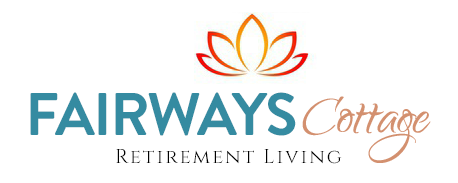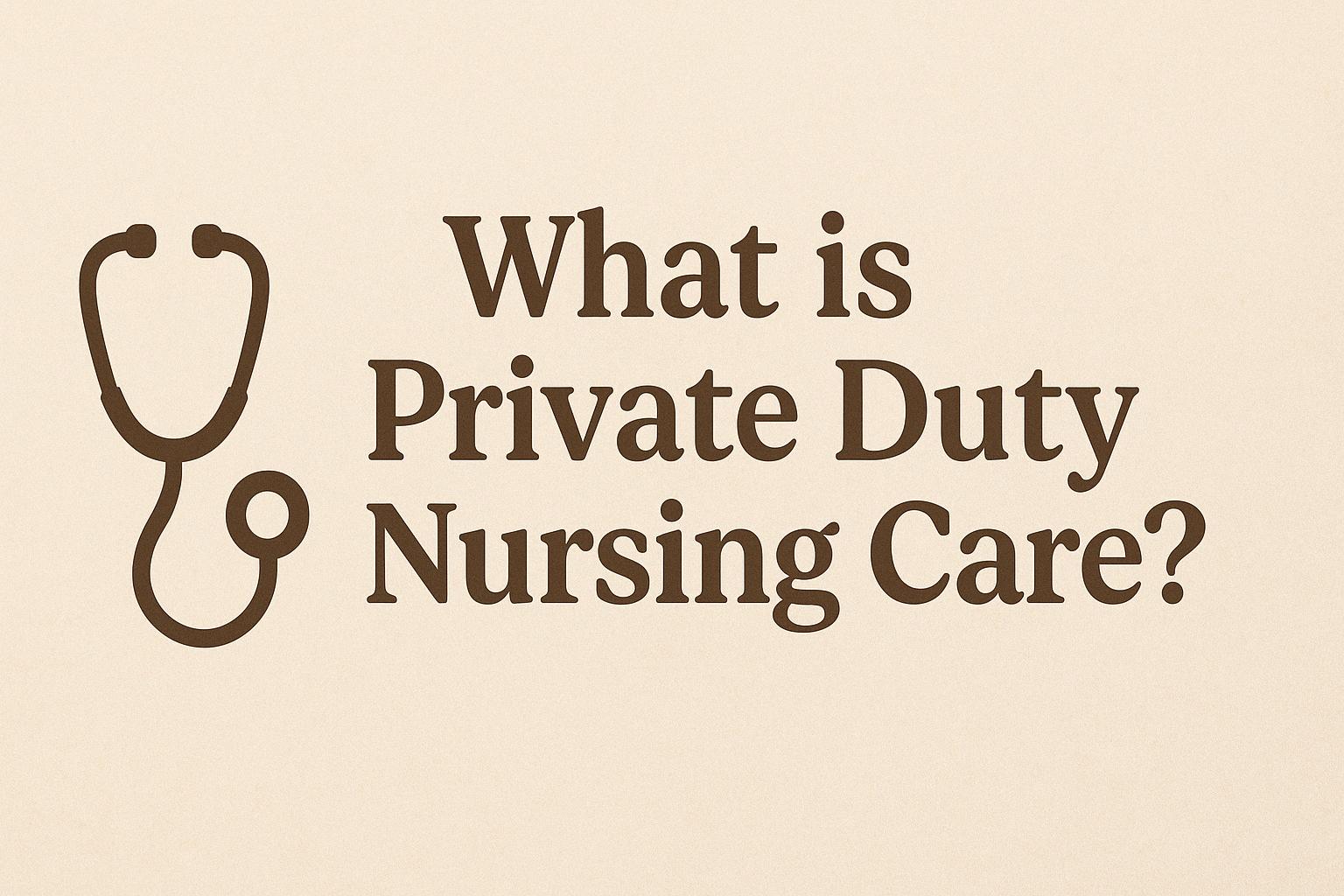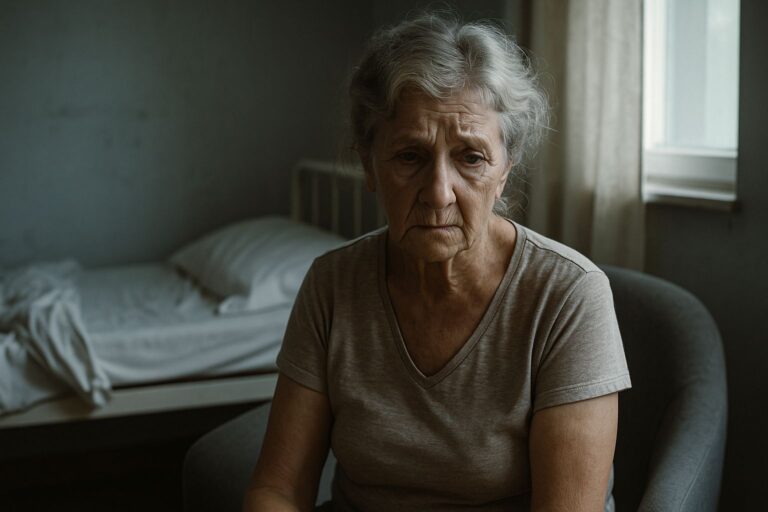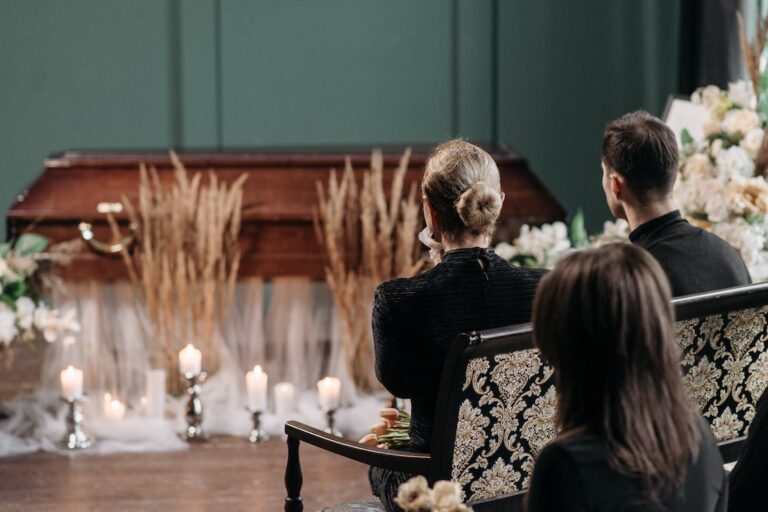What is Private Duty Nursing Care?
I’ve sat beside so many daughters and sons who are just plain tired. Tired from trying to do it all—work, raise their kids, and still care for Mom or Dad who needs more than they can give. If that sounds like you, take a deep breath. You’re not failing. You just need help. And that’s okay.
Let me tell you something I’ve learned over the years: sometimes, love means knowing when to bring in someone who can help carry the load.
That’s what Private Duty Nursing Care is all about. It’s not about giving up. It’s about making sure your loved one gets the kind of medical attention that only a trained nurse can give—right in the comfort of home.
Maybe your father just got out of the hospital and needs more than you can handle. Maybe your mother’s condition is progressing, and things are starting to feel too big for one person. I’ve seen it all. And I’ve seen the relief in families’ faces when they realize they don’t have to do this alone.
In this post, I’ll walk you through what private duty nursing really means—not the cold textbook version, but the real-life, sitting-at-the-kitchen-table version. We’ll look at what these nurses do, who it’s for, and how to know when it might be time.
We’ll take it one step at a time.
What Is Private Duty Nursing Care?
Let me start by saying this: private duty nursing care isn’t something only “other people” get. It’s not just for the wealthy, and it’s not some cold clinical service. It’s personal. It’s human. And in many cases, it’s exactly what helps families stay afloat when the care needs feel too big.
Private duty nursing is when a licensed nurse—usually an RN (Registered Nurse) or LPN (Licensed Practical Nurse)—comes into your loved one’s home to provide ongoing medical care. This isn’t just someone checking blood pressure and leaving. It’s hands-on, detailed, and often around-the-clock support.
We’re talking things like:
- Managing complex medications
- Caring for wounds or surgical sites
- Monitoring vital signs and chronic conditions
- Helping with feeding tubes, catheters, and oxygen therapy
- Being there during the night when you can’t stay up anymore
These nurses often build real relationships with the people they care for. I’ve watched some become like family—sharing laughs, easing fears, even sitting quietly and holding a hand on the hard days.
And unlike standard home health, which might come just a few times a week, private duty nursing can be daily, or even 24/7, depending on what your loved one needs. It’s care that molds itself around your family, not the other way around.
So if you’ve been lying awake wondering how to manage it all, know this: private duty nursing exists to make sure you don’t have to.
Who Needs Private Duty Nursing Care?
I’ve been asked this question more times than I can count: “Is private duty nursing really necessary for my mom?” Or, “Do you think we’re overreacting?”
Let me tell you—those questions usually come from a place of love and exhaustion. And I always say this: when you start asking, it’s often a sign that something needs to change.
Private duty nursing care isn’t just for people at the very end of life. It’s for anyone who needs skilled medical help at home—help that goes beyond what a family member, caregiver, or even a visiting aide can safely provide.
Here are some of the folks I’ve seen benefit most:
- Seniors coming home from the hospital after surgery, stroke, or illness who still need close monitoring
- People with chronic conditions like diabetes, Parkinson’s, or heart failure where care is ongoing and complex
- Loved ones who are bedridden or have limited mobility, needing help with feeding tubes, wound care, or other medical needs
- Family members with dementia or Alzheimer’s, especially in later stages when medical oversight becomes critical
- And honestly, anyone living alone with health issues who may need regular check-ins from a nurse who truly knows their case
Sometimes it’s temporary, like after a fall. Other times, it’s part of the long haul. I remember one family where the daughter kept trying to do it all—meds, dressing changes, oxygen tanks. It wasn’t until her mom developed an infection from a missed detail that they finally brought in a private duty nurse. I just wish they had done it sooner.
If your gut is whispering that your loved one’s care is outgrowing what you can handle alone, listen to it. There’s no shame in needing backup—especially when that backup comes with medical training and a heart for healing.
What Services Do Private Duty Nurses Provide?
This is where private duty nursing really shines—it’s not just a list of tasks. It’s the kind of care that meets your loved one where they are, both medically and emotionally.
When families ask me, “What exactly do these nurses do?” I usually start by saying: they do what you wish you could do, if you had the training, the stamina, and maybe just a few more hours in the day.
Here’s a closer look at what they can help with:
- Medication management: Making sure the right meds are given at the right time, safely. No second-guessing. No missed doses.
- Wound care: Whether it’s after surgery or a pressure sore from too much time in bed, nurses know how to clean, dress, and monitor wounds properly.
- Feeding tubes & catheters: These things can be scary for family members to handle, but for nurses, it’s part of their daily work.
- Vital signs monitoring: Blood pressure, oxygen levels, glucose checks—all the stuff that tells you if something’s wrong before it becomes an emergency.
- Chronic disease management: Helping manage the ups and downs of conditions like COPD, MS, or heart disease.
- End-of-life comfort care: For families facing the hardest moments, private duty nurses offer both medical skill and human compassion. Sometimes their presence alone brings a peace that’s hard to describe.
And let’s not forget—these nurses don’t just serve the patient. They’re there for you, too. I’ve watched them teach adult children how to turn their parent safely in bed. I’ve seen them sit down and explain complicated diagnoses in plain language. Sometimes, they’re the only ones in the room who really understand what you’re going through.
In short: they carry the weight with you.
How to Know If Private Duty Nursing Is Right for Your Family
I know how hard it is to make this call. You might be sitting there wondering if you’re making a mountain out of a molehill—or if you’re holding on too tightly, afraid to admit that things are changing.
That’s okay. We all want to believe we can manage. But sometimes, love means recognizing we’ve reached our limit—and making the brave choice to bring in help.
Here are a few signs that private duty nursing might be what your family needs:
- You’re feeling constantly overwhelmed, especially when it comes to medical tasks. If you find yourself Googling how to change dressings or give injections at midnight, it’s time to pause.
- Your loved one has frequent medical issues that seem to be slipping through the cracks—missed medications, infections, hospital readmissions.
- Basic caregiving has become too complex. Maybe there are feeding tubes now. Or you’re managing oxygen. Or their mobility is so limited, every transfer feels risky.
- There’s no backup. If something were to happen to you—an illness, an emergency—who would step in?
- You’re burned out, emotionally and physically. That matters. Your wellbeing isn’t separate from theirs. It’s all part of the same care circle.
Sometimes people ask me, “But what if it’s too soon?” And I say: it’s never too soon to have peace of mind.
Private duty nursing isn’t a sign you’ve failed. It’s a sign you’re doing everything in your power to make sure your loved one is safe, cared for, and treated with the dignity they deserve.
If you’re unsure, talk to their doctor. Ask a local agency for a consultation. And most importantly—trust your gut. You know when something’s off. You also know when it’s time to ask for help.
How to Arrange for Private Duty Nursing Care
I remember one woman telling me, “I knew we needed help, but I didn’t even know where to start.” And that’s exactly how most people feel in the beginning.
The good news? You don’t have to figure it all out alone. Let me walk you through the first steps.
1. Talk to Your Loved One’s Doctor
Start here. The doctor can tell you what level of care is needed and may even be able to recommend agencies or independent nurses who specialize in the right type of support. In some cases, you might need a prescription or referral—especially if insurance is going to cover any part of the care.
2. Contact a Reputable Home Care Agency
There are many agencies that provide private duty nursing services. Some are large and well-known; others are small and local with a more personal touch. Look for ones that are licensed, insured, and have good reviews. Ask questions. You’re hiring someone to come into your home and care for someone you love—don’t be shy.
3. Ask About Qualifications and Experience
You’ll want to know if the nurse is an RN or LPN, how long they’ve been practicing, and whether they’ve worked with patients like your loved one before. It’s okay to ask if they’re comfortable with specific needs—like dementia care, wound management, or overnight shifts.
4. Discuss Scheduling and Availability
Private duty nursing is flexible. It can be just a few hours a day, or 24/7 care. You’ll want to be clear on your expectations—and ask what happens if your regular nurse is sick or unavailable. A good agency will have a plan for that.
5. Review the Costs and Payment Options
Private duty care is usually paid out of pocket, but depending on where you live, some services might be covered by long-term care insurance, veterans benefits, or local programs for seniors. Always ask for a written estimate so there are no surprises.
6. Start with a Trial Period
If you’re unsure, you can start small. Try a few hours a week and see how it goes. Most families I’ve worked with end up feeling such a sense of relief that they wish they’d done it sooner.
Remember, you’re not hiring a stranger—you’re welcoming in a partner. Someone who can help carry the weight and bring a sense of calm back into your home.
Final Thoughts
If you’ve made it this far, I just want to say—I see you. I see the worry in your eyes, the fatigue in your shoulders, and the love behind every decision you’re trying to make.
Caring for someone you love isn’t easy. It’s tender, beautiful, heartbreaking, and overwhelming all at once. And if you’ve been doing it mostly on your own, please hear this: you’ve done an incredible job. Truly.
But you don’t have to do it alone forever.
Private duty nursing care isn’t about stepping away—it’s about stepping up in a different way. It’s about creating a support system that keeps your loved one safe while giving you room to breathe, rest, and simply be family again.
I’ve watched so many families go from crisis mode to calm, just by bringing the right nurse into the home. It doesn’t solve everything. But it softens the edges. It brings structure to the chaos. And sometimes, it’s exactly what lets you sleep through the night again.
If you’re still not sure whether it’s the right fit, that’s okay. Just start the conversation. Ask questions. Take one step forward. You don’t have to have all the answers today.
I’m rooting for you—and I hope this little guide made the road ahead feel a bit less lonely.
With care,
Margaret







